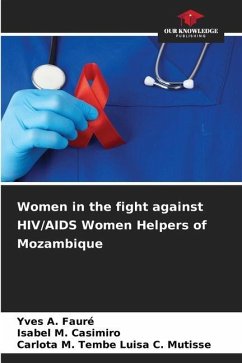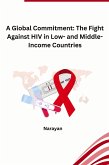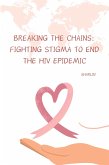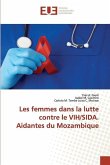The study focuses on a widespread social phenomenon - spontaneous and altruistic initiatives to assist and support people living with HIV/AIDS - carried out by Mozambican women, but which is largely unknown, if not completely hidden, in the public information space on the fight against the epidemic. Yet these initiatives compensate, albeit very modestly, for the shortcomings of the national system for fighting the disease and they take on a special significance in a context of recourse to antiretroviral treatment (ART) which improves the living conditions of people living with HIV (PLHIV) in terms of both quality and longevity. Many patients on ART either do not adhere well to the treatment, which is exhausting for the body, especially if they are undernourished, or they drop out of care for various reasons. In these conditions, it is crucial to ensure the continuity of treatment, which is inseparable from its effectiveness, and this is one of the tasks performed by caregivers (cuidadoras in Portuguese), despite the challenges and difficulties they face on a daily basis. The research presented here has a pioneering character.
Bitte wählen Sie Ihr Anliegen aus.
Rechnungen
Retourenschein anfordern
Bestellstatus
Storno








